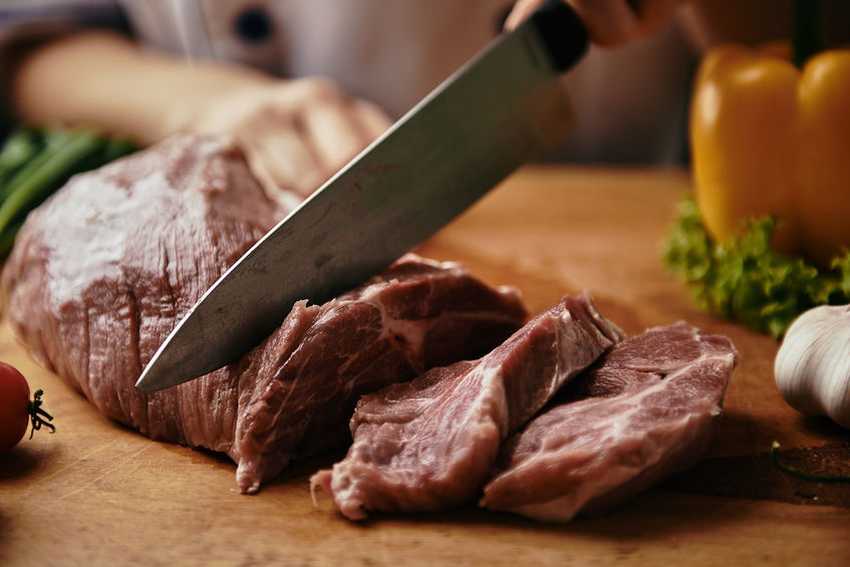
A Green MEP has called for people to cut back on their meat consumption and propose an extension of VAT to cover all "processed and factory farmed meat".
The call comes amid a new research paper by the Institute for Agriculture & Trade Policy saying the top five corporations responsible for factory-farmed meat and dairy are responsible for emitting more combined greenhouse gases than Exxon, or Shell, or BP.
Green MEP, and member of the European Parliament’s Agriculture committee, Molly Scott Cato MEP said corporate giants must stop their "damaging policies".
“It is clear that we need to change our eating habits and reduce our meat consumption, but also challenge the corporate giants and their damaging policies, if we are to keep the global temperature rise to less than 2°C,” she said.
'Poor standards'
Dr Scott Cato said for those people who wish to eat meat, it needs to be of less quantity and of better quality.
She added: “Applying VAT on processed and factory farmed meat could be used to subsidise healthier foods so everyone can access affordable healthy fruit and vegetables.
“It would also act as an incentive to small-scale and organic farmers and hold the giant meat and dairy producers to account for their poor standards.”
Dr Scott Cato also warned that Brexit could further encourage global meat and dairy corporations to expand in the UK and "undermine" the country’s small-scale farmers.
She said: “When Brexiteers proclaim cheaper food post-Brexit, we should be clear what this means: it will be a result of some dodgy trade deals with countries that will flood our market with low quality meat and dairy, produced by corporations that use industrial and factory farming methods.
“This is bad news for consumer health and animal welfare and will devastate the small-scale farmers who work hard to meet much higher EU standards.”
